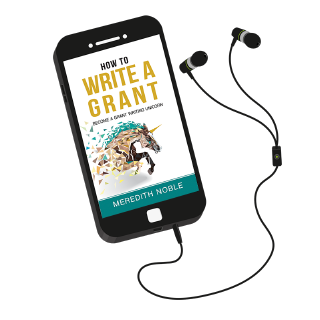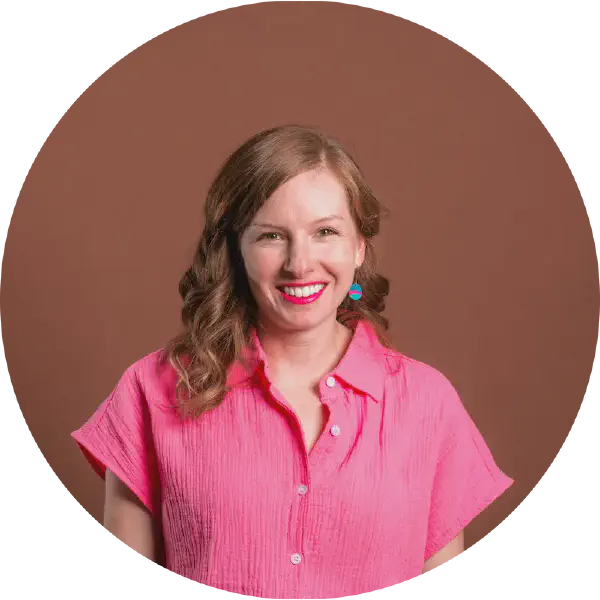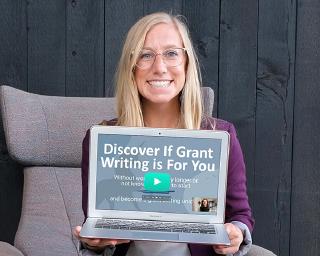If you want to increase your success rate writing grant proposals that win, you must decide which grants are worth applying or not. When we are deciding which grants to pursue, we use any or all of the three “tests” below:
Does the funding agency’s giving history align with our organization and project?
Grant programs can look like the perfect fit when you review them online. The trouble, however, is that a funder’s website does not always reflect their current giving priorities. It also does not tell us if the funder grants sufficient funds to be worth pursuing.
The fastest way to confirm whether a private foundation actually funds what they say they will is to review their 990 form with the Internal Revenue Service. 990 forms tell us who the private foundation funded in a given year and in what grant amount. Searching 990 forms can provide a wealth of good information! Check out this blog post for a detailed overview of how to search for 990 forms through the Foundation Center or an Instrumentl subscription.
If the funding program says it funds fighting obesity, saving the polar bears, and art and culture, look at their 990 form to confirm this is true. Perhaps then you see that they actually only fund arts and culture projects in the state of New York, so don’t bother applying with your initiative to save the polar bears!
If you are not applying for private foundation funding, you can still get an understanding of what type of projects the funding agency supports by reviewing past awards posted on the website, press releases, or contacting the funder directly.
How competitive is the grant program and do we have at least a 20% chance of getting funded?
You calculate this by dividing the total number of applicants by the number of awards made. You will do this for the last funding cycle.
Many times, you cannot figure out how many applicants applied based on what you can find online. You will have to contact the funding agency and ask. This is an easy question to open up communication with the funding agency representative.
Ask the funder by email or phone, “We’re trying to understand how competitive your grant program is. How many applicants did you receive last year and what percent of those were successful?”
We target a ratio that is no less than 20%. If there are 100 applicants and 24 of those are funded, that means we have a 24% chance of getting funded. You're good with those odds. Sometimes, we may dip down into the 13-15% range, but must have strong reasons for doing so.
Now, you may argue that your proposal will be stronger than the rest and therefore have higher odds of success. We hope that is true, but it is subjective. It is better to know at the outset that you have decent odds of success before committing hours and hours to preparing an application. When grant programs get super competitive, it does not matter if you have a perfect application - others will as well.
What is the cost of grant preparation and is it less than the value of the grant?
Even simple applications have a cost for preparation. Take your hourly rate and add 20-30% for your benefits (like healthcare, retirement savings, insurance, etc.). Multiply that by the number of hours you would spend on this project. Do the same for anyone else involved. We may think our time is free, but it is not. It is good to be clear on what those costs are, so you use the precious resource of time wisely.
If the grant is only worth $1,000 and will require eight hours to apply and likely another eight to manage, then the grant award does not cover the cost of pursuing it. We’re not suggesting that you ignore smaller grants. New nonprofits often need to start with small grants to build trust with funders. Our point is that it is vital you consider the true cost of pursuing funds to determine if it is worth your energy, time and resources.
Key Takeaways:
- Research the giving history of each funder to confirm they support projects and organizations like yours.
- Calculate competitiveness of each grant program and seek applications with at least a 20% chance of getting funded.
- Estimate the true cost of grant preparation (and management) when deciding if a grant is worth pursuing.
If you are looking for more actionable tips like this, you can download our free audiobook on the grant writing process here.
Free Audiobook
We have turned the book into a podcast that makes it easy to listen to on-the-go. Get instant access after you provide your email below.
Get Free Audiobook





